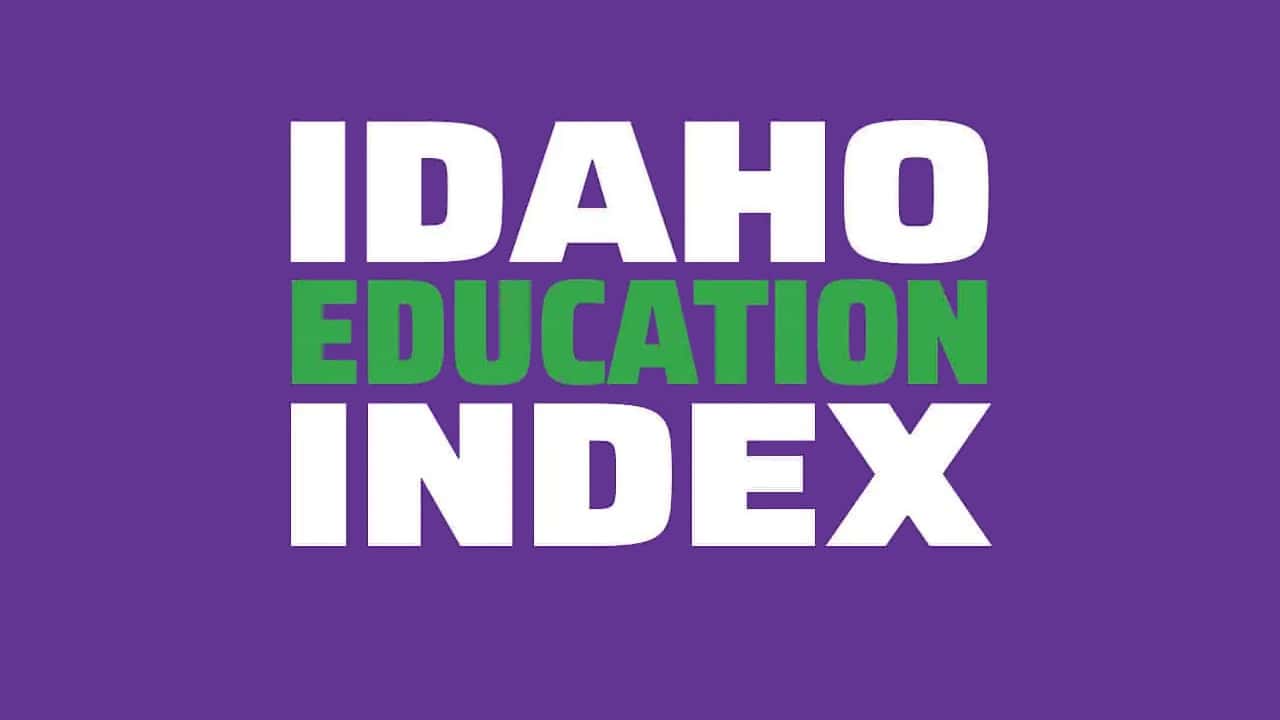


Bill Description: Senate Bill 1274 would prohibit Idaho's public colleges and universities from requiring an applicant for admissions or employment to submit or ascribe to a diversity statement.
Rating: +1
NOTE: Senate Bill 1274 is similar to Senate Bill 1242, introduced earlier this session. The most notable difference is that Senate Bill 1274 removes several references to "gender identity" contained in Senate Bill 1242, which some legislators felt might inappropriately give credence to the theory in Idaho code.
Does the bill reinforce the idea of equal treatment under the law, merit, individual responsibility, personal agency, and expectations of academic excellence? Conversely, does the bill allow for any type of discrimination against, or grant preferential treatment to, any individual or group for any purpose on the basis of race, sex, color, economic class, ethnicity, national origin, geographic area, legacy status, or other identity group?
Senate Bill 1274 would create Section 67-5909B, Idaho Code, to say that "hiring and admissions decisions at any public postsecondary educational institution in the state of Idaho shall be made on merit. Hiring and admissions decisions shall not be conditioned on a requirement that applicants submit or ascribe to a diversity statement."
It also says, "No public postsecondary educational institution in the state of Idaho shall require or solicit a diversity statement as part of an admissions process, employment application process, hiring process, contract renewal process, or promotion process or as a condition of participation in any administrative or decision-making function of the institution."
It goes on to define "diversity statement" as a "written or oral statement" discussing certain issues, including "the applicant's or candidate's race, sex, color, ethnicity, or sexual orientation" and "the applicant's or candidate's views on, experience with, or contributions to diversity, equity, and inclusion; social justice; confessing one's race-based privilege; confessing one's sex-based privilege; partisan politics; or religion."
Finally, it explains that this law will not "prevent an applicant or candidate from providing, of the applicant's or candidate's own initiative, any information described in this section."
Preventing an institution from requiring these statements is a step in the right direction, but allowing candidates to provide them anyway, and failing to prevent institutions from factoring these voluntarily submitted diversity statements into their hiring decisions, is a wink and a nod to the way higher education works today.
We have recently seen the spectacular failure of higher ed's obsession with diversity hires play out on the national stage, with the downfall of Claudine Gay at Harvard. Yet many states are still reluctant to impose comprehensive reform on these institutions.
This bill could be much improved by forbidding colleges and universities from using any of the information that could be contained in a diversity statement in their decisions rather than merely saying they can't compel applicants to provide these statements.
(+1)


